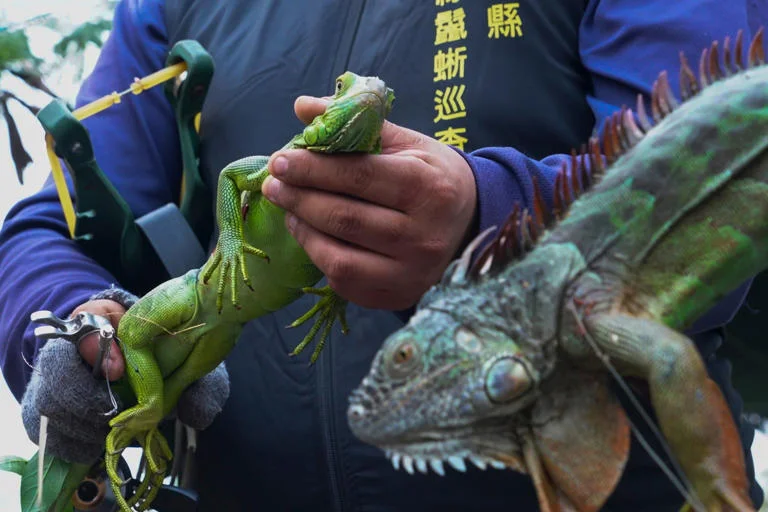
Iguanas likely crossed Pacific millions of years ago on a record-setting rafting trip | Travel News
For years, scientists have been puzzled about how iguanas made their way to Fiji — a group of isolated islands in the South Pacific. Most iguanas today are found in the Americas, located thousands of miles and a vast ocean away.
One theory suggested they might have reached Fiji via Asia or Australia, and that volcanic activity later moved the islands farther out.
However, new research indicates a more remarkable explanation: millions of years ago, iguanas may have completed a 5,000-mile (8,000-kilometer) voyage on a natural raft made of floating vegetation — like uprooted trees and plants. This would be the longest ocean journey ever recorded by a land-dwelling vertebrate.
Scientists already believe iguanas traveled this way to the Galapagos Islands near Ecuador and between islands in the Caribbean. Initially, they doubted such a journey to Fiji was possible. But in a recent study, researchers analyzed the DNA of 14 iguana species from the Americas, the Caribbean, and Fiji. They found that Fijian iguanas are most closely related to North American desert iguanas, with the two groups having diverged about 31 million years ago.
Using this genetic data along with current iguana habitats and dispersal patterns, the researchers built a statistical model. It supported the idea that iguanas likely drifted to Fiji from North America.
“This is by far the most convincing explanation based on current evidence,” said Kevin de Queiroz, an evolutionary biologist at the Smithsonian, who was not part of the study.
The findings were published in the Proceedings of the National Academy of Sciences.
The trip from North America to Fiji might have taken a few months, but desert iguanas were well-suited for the journey — able to withstand dehydration and feed on the vegetation around them.
“If you had to choose a vertebrate to survive an ocean voyage on a raft, iguanas would be your best bet,” said lead author Simon Scarpetta from the University of San Francisco.
Many of Fiji’s native iguana species are now endangered, and a non-native green iguana currently inhabits the islands. According to co-author Robert Fisher of the U.S. Geological Survey, understanding the origin of these reptiles could help scientists better protect them going forward

